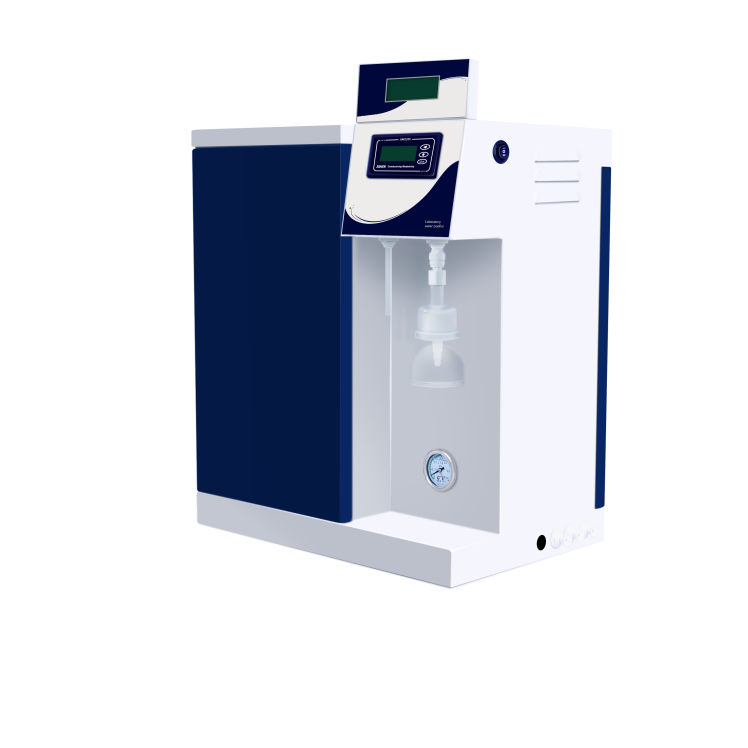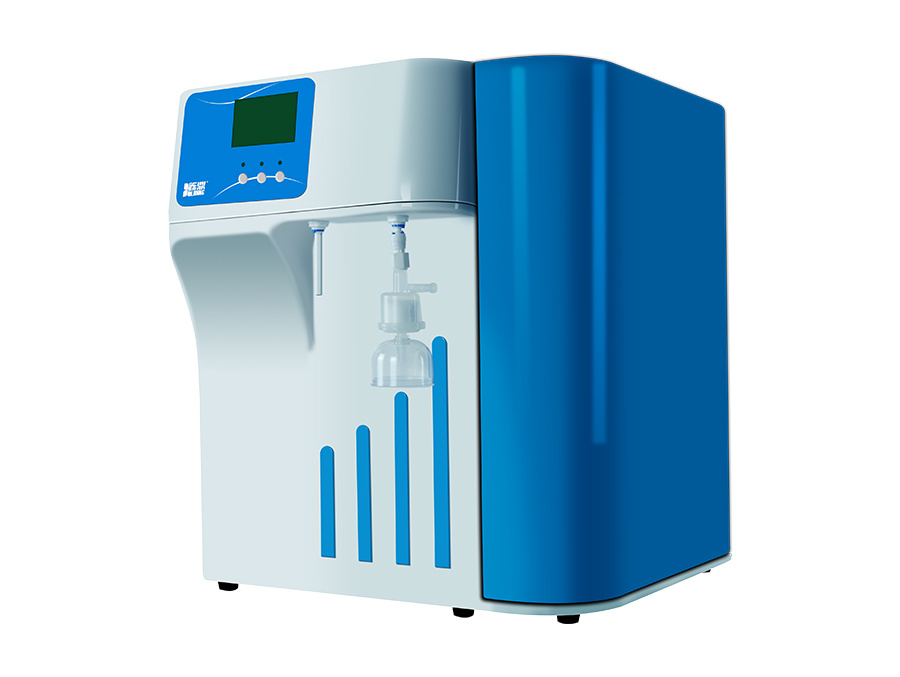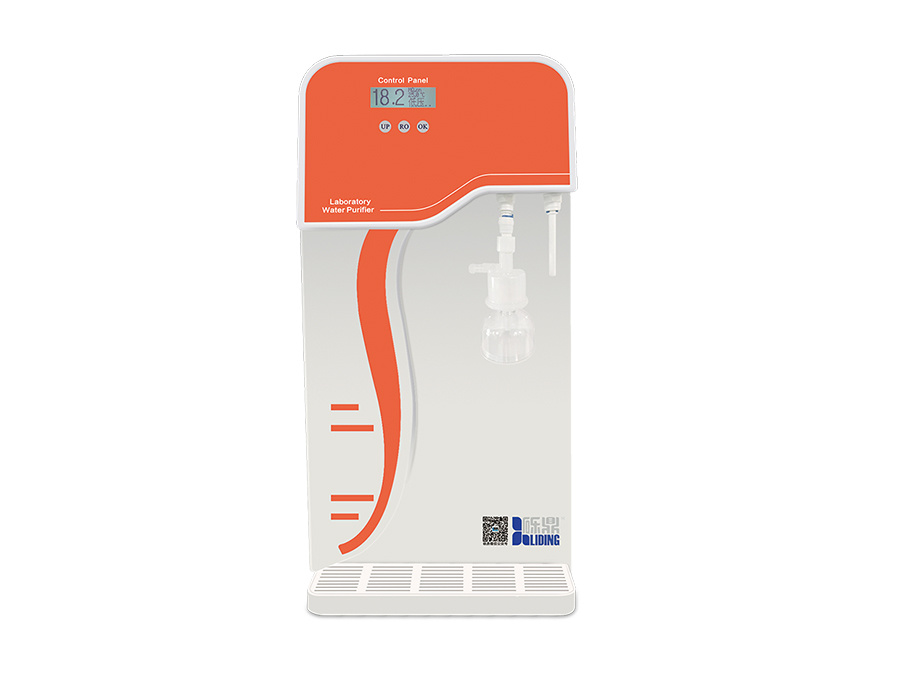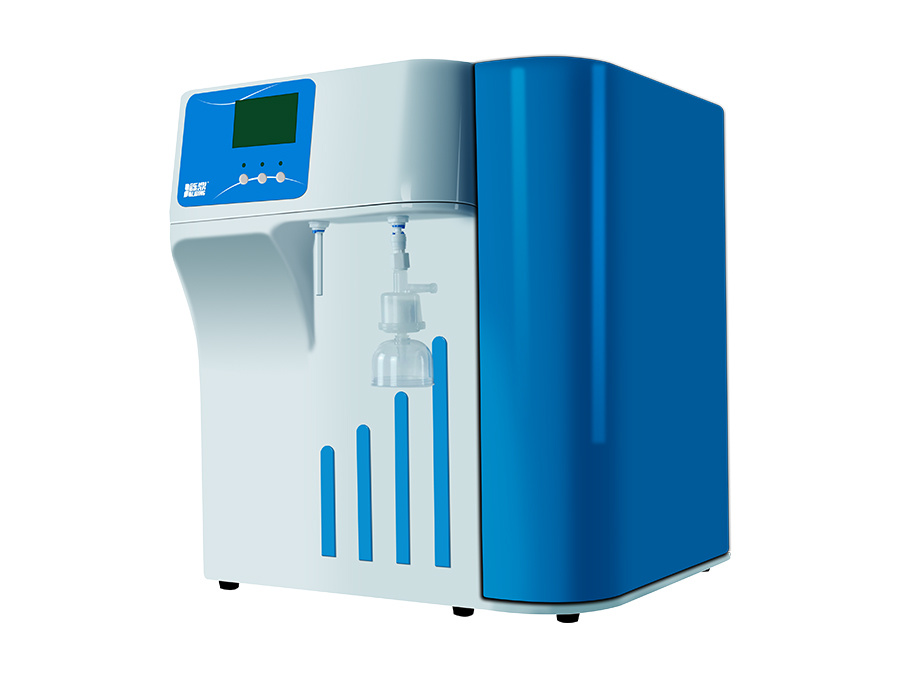Unlocking the Secrets of Ultra Pure Water Machines: Enhancing Industrial Water Treatment
Time:
Apr 25,2025
Ultra pure water machines represent a remarkable advancement in the field of water treatment, particularly for industries that require the highest levels of water quality. These machines are specifically designed to produce water with minimal impurities, making them essential in applications such as pharmaceuticals, semiconductor manufacturing, and laboratory research.
The primary function of an ultra pure water machine is to remove contaminants that can affect the quality of the final product. Typical removal processes include reverse osmosis, deionization, and distillation. Reverse osmosis utilizes a semi-permeable membrane to separate contaminants from water, allowing only pure water to pass through. This process effectively reduces ions, bacteria, and organic compounds, making it a preferred method for achieving ultra pure water standards.
Deionization is another critical process used in ultra pure water machines. This technique employs ion exchange resins to remove charged particles, such as salts and minerals, from the water. The result is water that is not only free of impurities but also has a very low conductivity, which is crucial for applications where even minute levels of dissolved solids can interfere with processes or products.
Moreover, the distillation process involves boiling water to create steam and then condensing that steam back into liquid form. This method effectively eliminates a wide range of contaminants, including heavy metals and volatile organic compounds. When combined with other purification methods, ultra pure water machines can achieve water quality that meets or exceeds the stringent specifications required in various industries.
The importance of ultra pure water cannot be overstated. In the pharmaceutical industry, for example, the presence of impurities in water can compromise drug safety and efficacy. Similarly, in semiconductor manufacturing, even the slightest contamination can lead to defects in microchips, causing significant financial losses. Therefore, the reliability of ultra pure water machines is paramount, ensuring that industries can consistently produce high-quality products.
In addition to their advanced purification capabilities, many modern ultra pure water machines are equipped with monitoring and control systems. These systems allow users to track water quality in real-time, ensuring that the output continuously meets the required standards. Features such as automated alerts and maintenance notifications further enhance the reliability of these machines, making them an invaluable asset in any industrial setting.
In conclusion, ultra pure water machines are a cornerstone of modern industrial water treatment. Their advanced purification processes, coupled with real-time monitoring capabilities, make them essential for industries that demand the highest quality water. As technology continues to evolve, the efficiency and effectiveness of these machines will likely improve, further solidifying their role in ensuring product integrity across various sectors.
The primary function of an ultra pure water machine is to remove contaminants that can affect the quality of the final product. Typical removal processes include reverse osmosis, deionization, and distillation. Reverse osmosis utilizes a semi-permeable membrane to separate contaminants from water, allowing only pure water to pass through. This process effectively reduces ions, bacteria, and organic compounds, making it a preferred method for achieving ultra pure water standards.
Deionization is another critical process used in ultra pure water machines. This technique employs ion exchange resins to remove charged particles, such as salts and minerals, from the water. The result is water that is not only free of impurities but also has a very low conductivity, which is crucial for applications where even minute levels of dissolved solids can interfere with processes or products.
Moreover, the distillation process involves boiling water to create steam and then condensing that steam back into liquid form. This method effectively eliminates a wide range of contaminants, including heavy metals and volatile organic compounds. When combined with other purification methods, ultra pure water machines can achieve water quality that meets or exceeds the stringent specifications required in various industries.
The importance of ultra pure water cannot be overstated. In the pharmaceutical industry, for example, the presence of impurities in water can compromise drug safety and efficacy. Similarly, in semiconductor manufacturing, even the slightest contamination can lead to defects in microchips, causing significant financial losses. Therefore, the reliability of ultra pure water machines is paramount, ensuring that industries can consistently produce high-quality products.
In addition to their advanced purification capabilities, many modern ultra pure water machines are equipped with monitoring and control systems. These systems allow users to track water quality in real-time, ensuring that the output continuously meets the required standards. Features such as automated alerts and maintenance notifications further enhance the reliability of these machines, making them an invaluable asset in any industrial setting.
In conclusion, ultra pure water machines are a cornerstone of modern industrial water treatment. Their advanced purification processes, coupled with real-time monitoring capabilities, make them essential for industries that demand the highest quality water. As technology continues to evolve, the efficiency and effectiveness of these machines will likely improve, further solidifying their role in ensuring product integrity across various sectors.
RELATED NEWS








